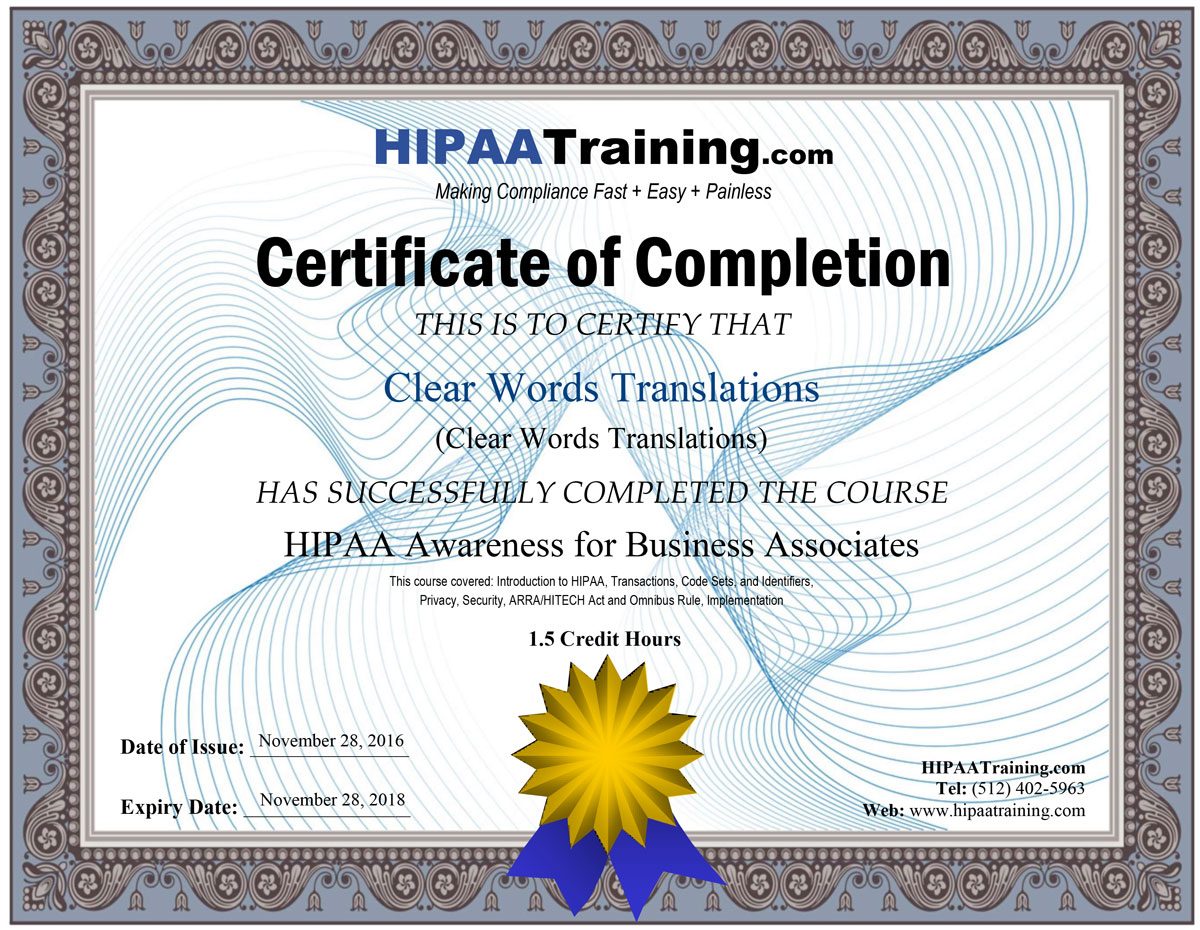How to Embrace Change in Your Translation Business
CLEAR WORDS
TRANSLATIONS
All News
February 20, 2018 |
How to Embrace Change in Your Translation Business
Change is necessary when working in a dynamic environment like the translation industry. Every day, we deal with the development of advanced technologies, new market trends and innovative processes. It isn’t always easy, but you need to learn how to embrace change in your translation business to stay competitive.
The language service industry goes hand in hand with technology, in fact. This makes permanent learning essential when looking to maintain high standards for translation, interpretation, and localization services.
Change is part of any translation business that aims for success. So, employers and employees in this niche need to learn how to accept and adopt change, as part of their working routine.
Change Means Progress
From the Tower of Babel until today, translation has been an important part of communication between people from different cultures. And it evolved with humanity.
More than a thousand years ago, monks translated Bible manuscripts and scribes copied them one by one. Translation and writing of a single book could take many years. It was hard work that gave access to information to people speaking different languages.
But those days are long gone.
Technology has brought a revolution in the language services industry. Translators today manage to deliver high-quality work in days or even hours, depending on the scope of their projects. Technology has improved the translation industry, giving language specialists tools to help them deliver accurate translations in less time with increased productivity.
Computer assisted translation (CAT) tools can help translators with their tasks. Thanks to the translation memory (TM), you can store your work and reuse it every time you handle similar jobs. This allows you to finish mundane tasks in time. You have faster turnarounds with lower costs–both important elements when it comes to customer satisfaction.
Working with CAT tools is a way to accept progress. Machines are meant to help you do your job better. No computer can replace human translation as of yet, though.
Languages have complex structures and choosing the right meaning depending on context is still a matter of human interpretation. Technology lacks creativity, so you need human translators to make sure the source content and the translated version express the same message.
Embracing Change Places You Ahead of Your Competitors
With more entrepreneurs looking to grow their companies to global levels, the need for quality translation and localization services is growing. Leading to the development of more companies that provide language services.
To keep up with competitors or, even better, to place your translation business ahead of the competition, you need to improve your processes and productivity. Language technologies help you boost your business, as they allow you to work better and faster. Which means that you can take on more clients to work with.
Better than that, technology helps you to modernize workflows and get involved in complex projects – website, app, or game localization, translation and localization of international marketing strategies.
You can specialize employees in specific services to cover niches in the market – financial translation services, medical translation services, business translation services, etc. Subject-matter experts (SMEs) and highly specialized translators are in demand, as more companies understand the importance of valuable content. Make sure your business can deliver that, and you’ll always have new clients.
Implement Flexible Work Practices
Change is inevitable in the translation industry, so you need to implement a flexible management to keep up with new trends.
Your translation business brings together specialists from different domains – translators, graphic designers, proofreaders, editors, and project managers, to name a few.
Many of them come from different parts of the world. They have different working hours, speak multiple languages and overcome cultural barriers in many distinct ways. Flexible work practices allow you to manage workflows and teach all your employees to work well together as a team.
Using business management tools can help you keep an updated database with all these people working in the same space online. If you bring all your employees and collaborators together on a single platform, you get to unite their diversity.
This way, you make communication easier, create schedules and supervise remote workers, so that all projects arrive at the finish line on time.
The translation and localization industry are built around humans. You need to encourage your project managers to attract talented people to their teams. Invest in the professional development of your employees to achieve success in the long run.
Learn New Languages to Grow Your Business
Technology isn’t the only factor that causes change in the translation industry. The economy is also responsible for the new trends. Companies expand in emerging countries in Asia, Africa, and Latin America. And they need localized content to market their products and services.
Your translation business has to deal with many new languages to translate into. And, you must deliver high-quality translations, just as you do with popular languages, like French, Spanish, or German.
If you want to keep your reputation intact, you’ll have to learn Japanese, Chinese, Arabic, Hindi, Indian dialects, just to start with. These are new challenges for the industry, among other ‘exotic’ languages. You must find new collaborators in emerging countries, train them to work at your standards and learn how locals speak.
Open New Windows for Collaboration for Your Translation Business
Embracing change means keeping up with the new trends in the industry. You must be ready to provide more services inside the niche – subtitling, voice-overs, video editing, and localized SEO for the content you translate.
You need to develop a wide database of contacts from various specialists. And you should be ready to collaborate with your competitors at times, as new challenges are waiting right in front of you.
Learn how to protect all the information you own against cyber attacks, as well. You’ll have to implement new policies for improving cybersecurity inside your offices and for all your remote team members. Big data storage and its protection are the next big challenges that are going to bring changes in the industry and for your translation business. So get ready to collaborate to keep up with the latest demands.










